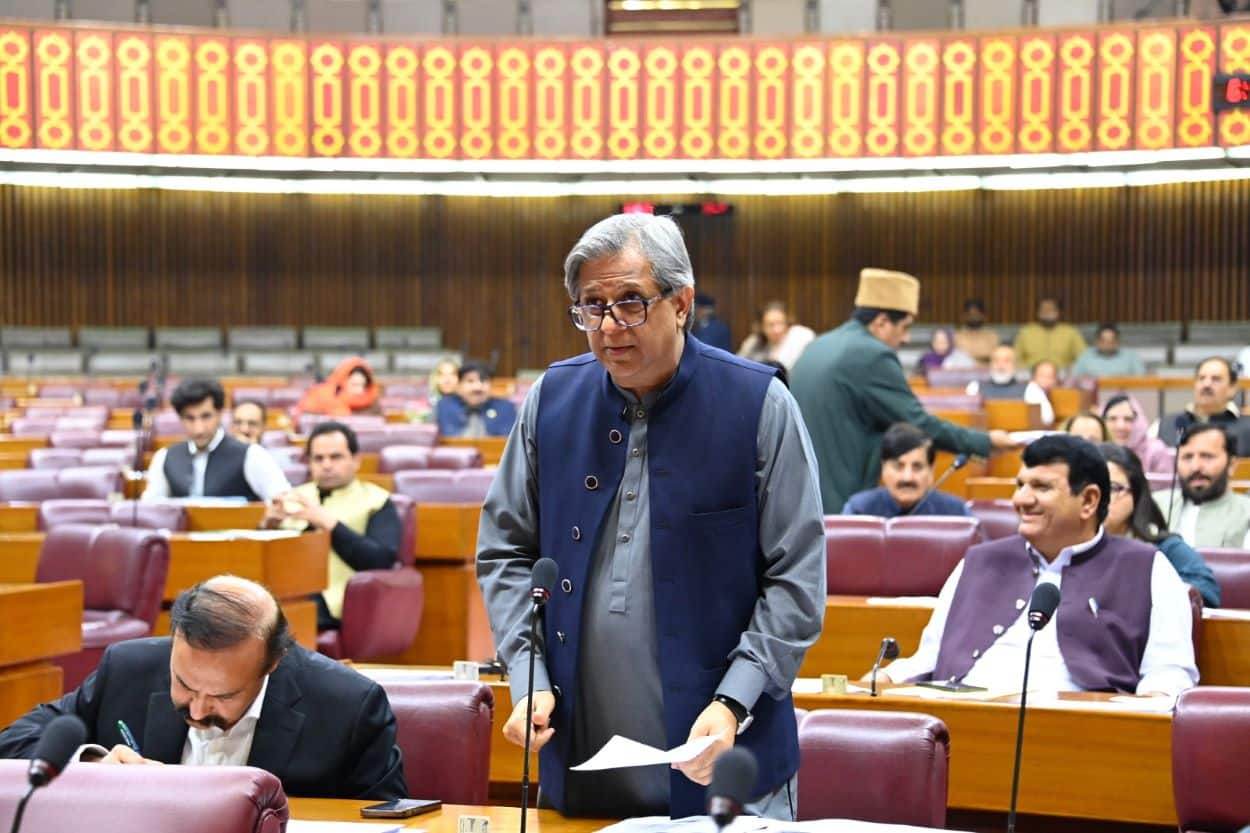The National Assembly approved a legislative amendment to extend the tenures of all armed services chiefs from three to five years.
Defence Minister Khawaja Asif introduced amendments to the Pakistan Army, Navy, and Air Force Acts, passed by a majority despite intense opposition protests.
This amendment increases the tenure of the Chief of Army Staff and other military branch heads to five years, standardizing service durations across all branches.
Earlier, Law Minister Azam Nazeer Tarar proposed expanding the number of judges in the Supreme Court and Islamabad High Court, which the House approved.
Tarar sought parliamentary approval for the Supreme Court Practice and Procedure Ordinance, aiming to increase the number of Supreme Court judges to 34. The opposition responded with loud protests and disruptions.
Despite the chaos, Tarar detailed the bill’s provisions, underscoring the need for more judges due to the backlog of pending cases at the Supreme Court.
He also introduced the Islamabad High Court Amendment Bill 2024, which would increase the number of High Court judges from nine to 12.
This bill includes a provision for appeals against decisions by constitutional benches under Article 184(3) to be heard by a larger bench within 30 days, retroactively applying to cases before the 26th Constitutional Amendment.
Additionally, the bill mandates a “first-in, first-out” approach for case hearings and requires that all Supreme Court proceedings be recorded. Transcripts are available for a nominal fee of Rs50 per page. These official records can be used for legal purposes, enhancing transparency.
Following the ministers’ presentations, the National Assembly voted on and approved the amendments despite continued opposition protests.
During the voting, opposition members intensified their disruptions, chanting slogans, crowding the Speaker’s podium, and tearing up bill copies. Some confrontations turned physical.
These legislative actions demonstrate the government’s commitment to judicial reform and standardizing military leadership tenures to meet institutional needs and ensure continuity.






